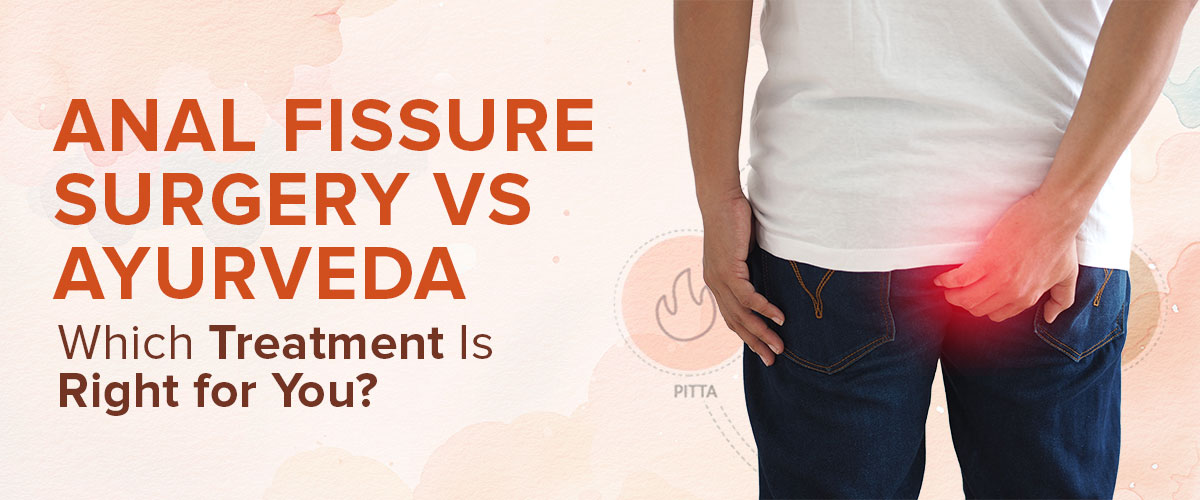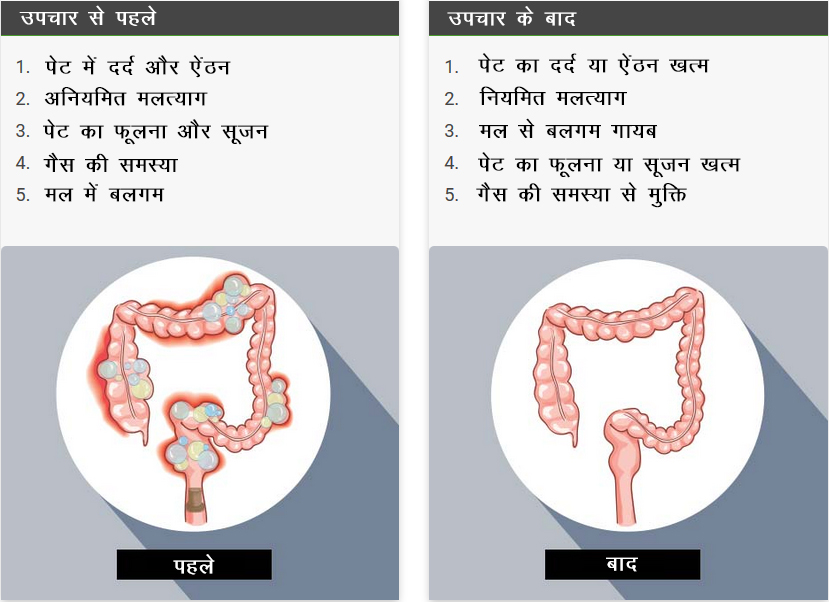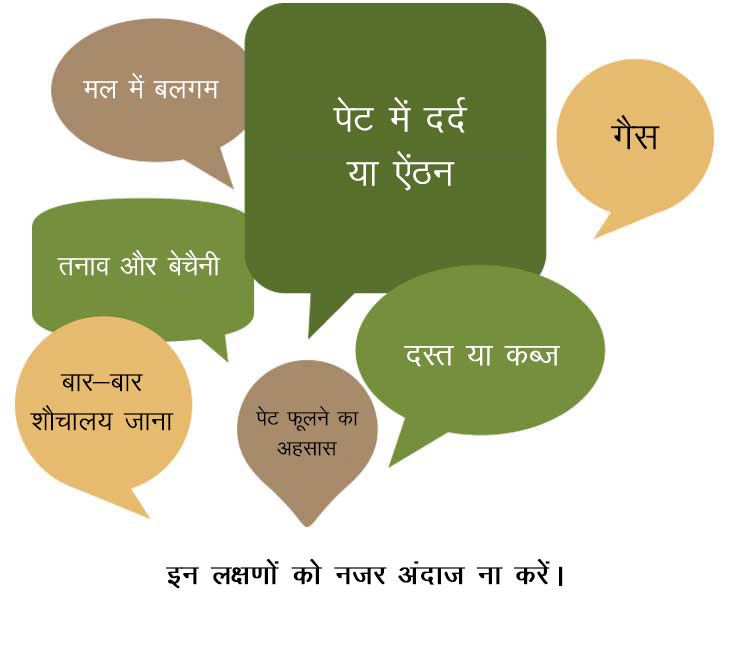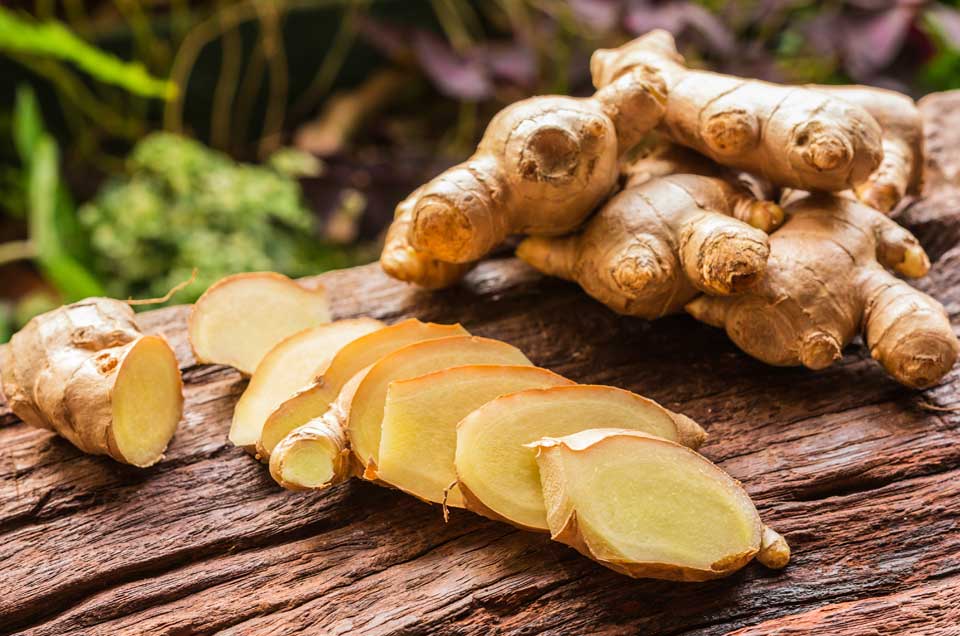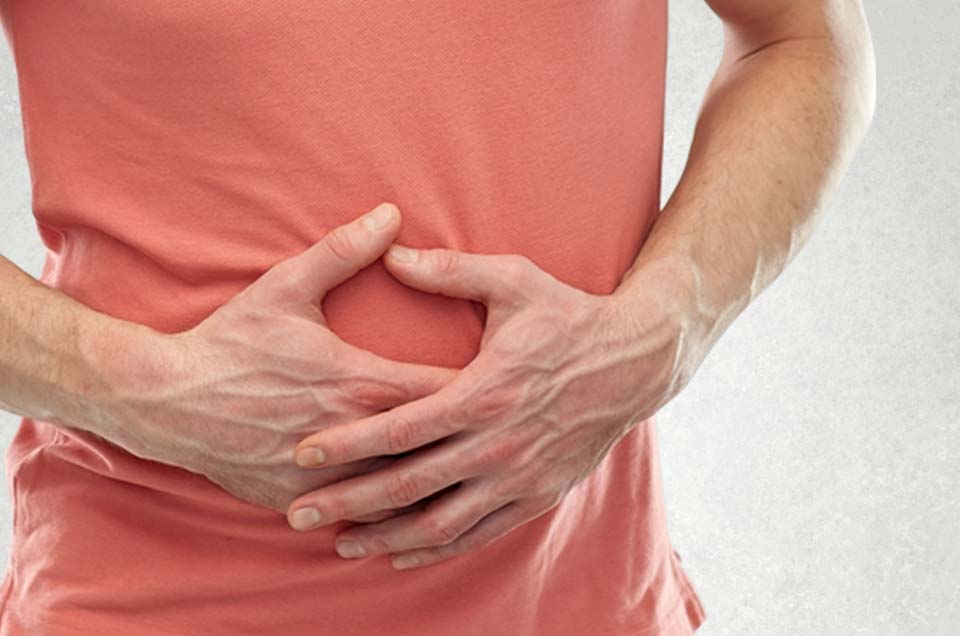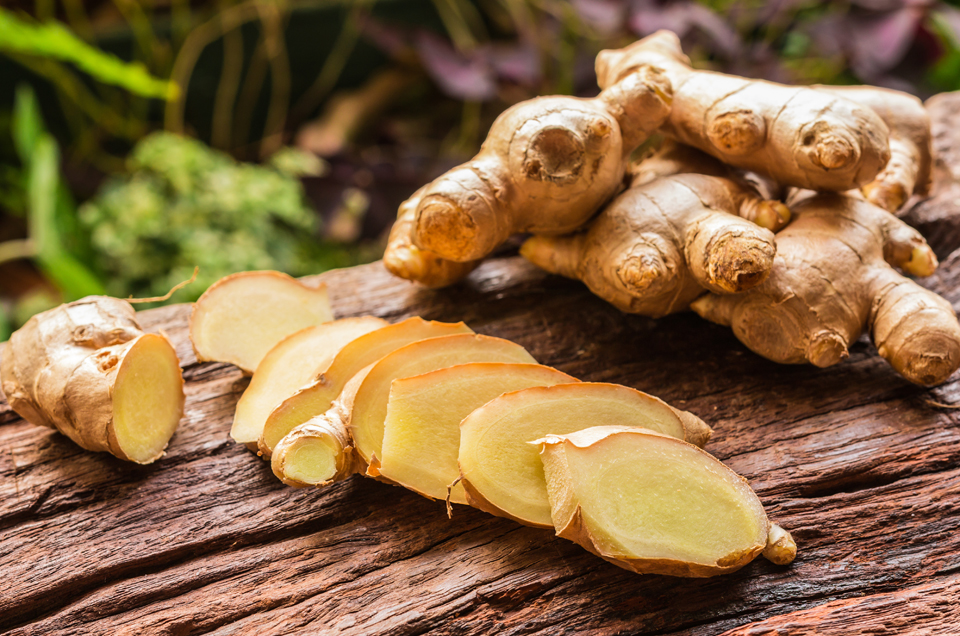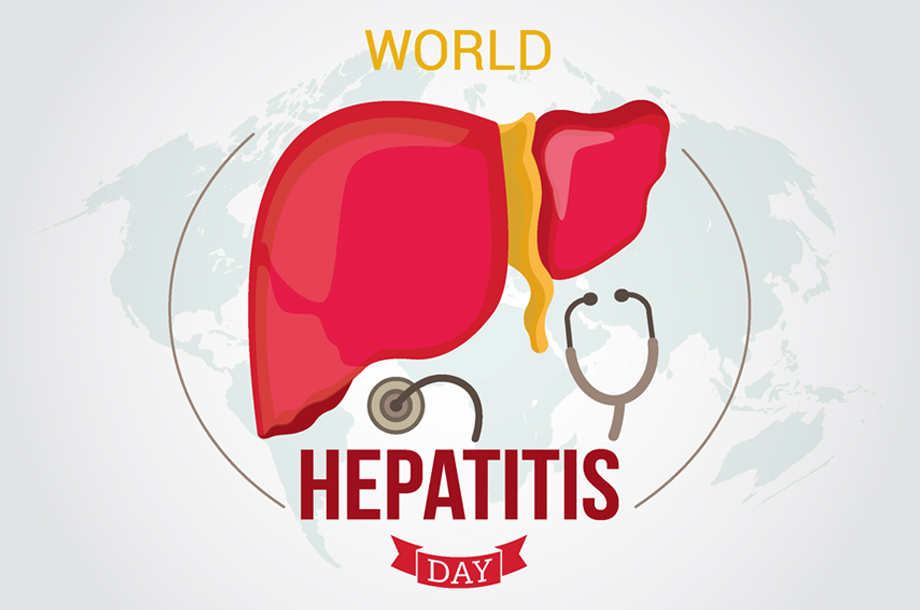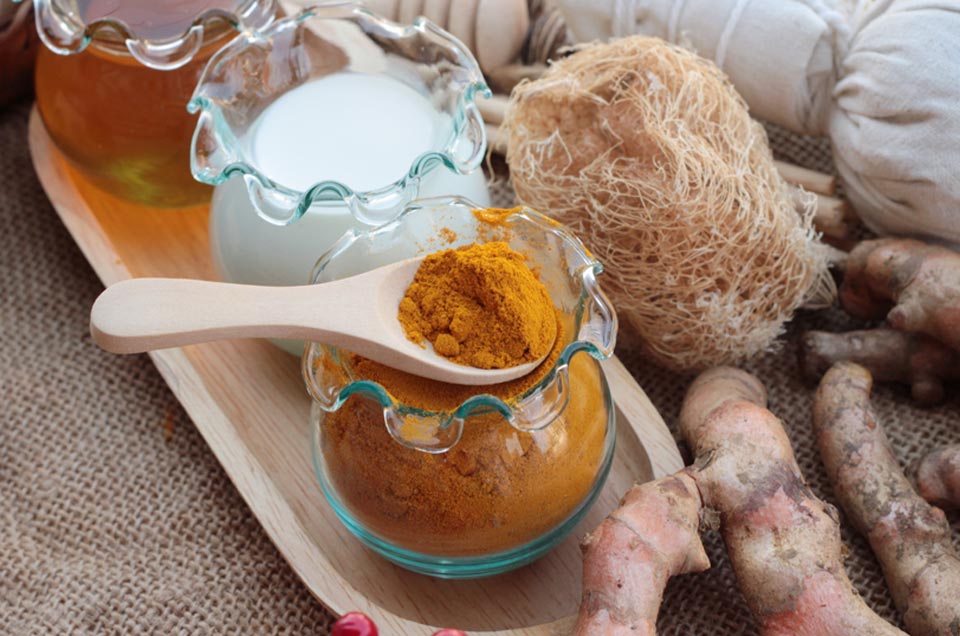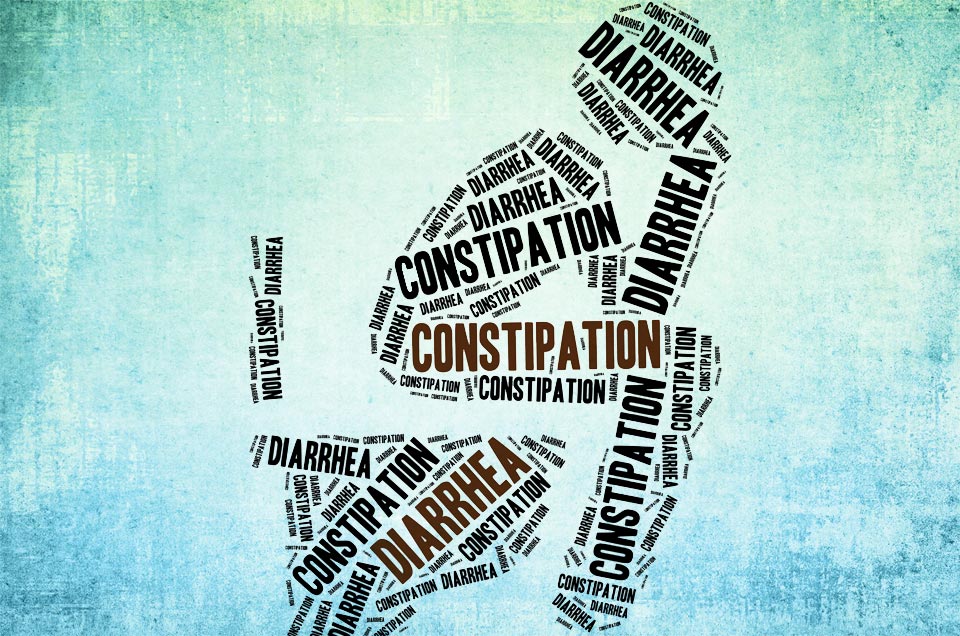Anal fissures are common in India, impacting nearly 18% of patients who visit clinics with anorectal complaints. Even with their prevalence, individuals avoid discussing this condition out of embarrassment, leading to delayed treatment and extended discomfort.
In traditional surgical solutions for anal fissures, part of the anal sphincter muscle is generally cut to alleviate spasms and facilitate healing (lateral inner sphincterotomy). These methods are effective but carry risks like recurrence and incontinence.
Ayurveda provides a non-invasive approach for treating anal fissures. Therapies like Kshar Karma and Kshar Sutra use herbal preparations for healing fissures without needing surgery. These treatments aim to balance your body's doshas and promote natural healing.
In this blog, let us understand the main reasons behind anal fissures, surgical and Ayurvedic treatment options and help you pick the right treatment for your situation.
What Is an Anal Fissure and Why Does It Hurt So Much?
An anal fissure is a tiny tear or cut in the lining of your anal canal. This tear usually occurs if you try to pass hard or large stools and can lead to severe pain during and after your bowel movements. The pain might be sharp and come with bleeding, itching or burning sensations. At times, a small skin tag forms near the fissure if the condition is chronic.
The discomfort caused due to an anal fissure could be both physical and psychological. The fear of pain during bowel movements might prevent individuals from defecating, causing constipation and further worsening of the ailment. This cycle can affect your everyday life and complete health.
What Causes an Anal Fissure?
An anal fissure starts with something as basic as passing a hard stool. This tiny tear in the skin around your anus can cause intense pain. But what causes it? Let us simplify it to help you understand what happens and how you can prevent it.
- Passing Hard Stools or Constipation : If you frequently feel constipated or strained while passing stool, this means you're applying excessive pressure on the anal region. This can stretch and tear the skin, causing a fissure. This can get even worse if you start skipping meals, don’t consume enough water or if you eat a low fibre diet.
- Chronic Diarrhoea : Also, constant loose motions can also harm your anal lining. If your digestive tract is upset generally, the friction and acidity from the stools can damage the skin and lead to fissures.
- Childbirth-Related Trauma : For most women, birthing is tough on their body. The intense pressure and pushing during delivery could cause small injuries around the anus, if the labor is long or difficult. This is y why fissures are fairly common following childbirth.
- Inflammatory Bowel Diseases : Conditions like Crohn's disease or other gut infections can weaken your anal canal lining. This makes the skin more likely to tear even if you put mild strain on it.
- Negative Lifestyle Habits : If you don’t consume enough water or fibre-rich food like fruits, vegetables, or whole grains, this can make your stools hard and dry. With this, obesity, lack of movement and heavy lifting also put additional strain on your anal region and increase the risk of fissures.
- Family History : Sometimes your genes can also be involved. If someone in your family has experienced fissures, piles, or other issues before, you can be more prone to it too.
What Are Your Treatment Options? Surgery vs Ayurveda
If you are suffering from an anal fissure, you essentially have two treatment options - surgery or natural Ayurvedic remedies. Both can work, but which one is right for you depends upon how serious your condition is and how long you have been suffering from it.
Surgery: Doctors generally suggest surgical treatment if your fissure is chronic, i.e., it has been there for a long time and hasn't healed with basic care. The most common surgery for anal fissures is lateral inner sphincterotomy (cutting a small segment of muscle near your anus) which reduces pressure and promotes healing. Many doctors also recommend anal dilation.
What you should note about surgery is that it might be fast but it’s not always perfect. It carries risks like:
- Pain and discomfort after operation.
- Recurrence of the fissure.
- Rarely, loss of control over bowel movements (incontinence).
There's also downtime usually. You might need some time to rest, time off work and for hospital stays.
Ayurvedic Treatment : Ayurveda follows a natural path to treatment. It works best if the fissure is caught in its early stages (acute). Instead of cutting anything, Ayurvedic treatments heal the fissure with herbal oils, powders and external therapies like Kshar Karma (a special herbal application).
What is good about Ayurvedic treatments is that there is no hospital stay or stitches required. Also, these are non-invasive, safe and target the main cause like constipation, inflammation or dryness.
Pro Tip: Always get a proper diagnosis before making a decision. An expert Ayurvedic doctor can guide you based on your particular situation.
What Happens in Anal Fissure Surgery?
If your anal fissure is chronic and not healing with medicines or home care, doctors might recommend surgery. Surgery can reduce the pain and accelerate the recovery of the fissure, especially if it keeps recurring or is too painful to handle.
Common Types of Surgery
The most popular surgery for anal fissure is Lateral Internal Sphincterotomy (LIS), where a tiny cut is made in one of the muscles of your anal area. This reduces pressure around the fissure and also increases blood circulation for promoting faster healing.
Another surgery that is commonly used is Anal Dilation, in which muscle tightness is relieved by stretching your anal canal. However, this is not used commonly nowadays due to the risk of more complications.
What to Expect After Surgery
The surgery generally takes less than an hour but you might have to stay in the hospital for a brief period. Many patients come home the same day but complete recovery can take several weeks. You may be asked to rest, eat a soft diet and avoid work for some days.
Surgical intervention works but it is not without risks:
- You might feel discomfort or pain for several days following the procedure.
- In many cases, the fissure may come back.
- Sometimes, patients also lose control over gas or stool.
What Is Kshar Karma and Kshar Sutra in Ayurveda?
If you're dealing with a stubborn or chronic anal fissure, Ayurveda offers two powerful treatments that require no surgery - Kshar Karma and Kshar Sutra.
Kshar Karma : Kshar Karma is an Ayurvedic therapy where a herbal alkaline paste is applied on the fissure directly. This paste is made from the ashes of medicinal plants. It helps to clean the wound, eliminates dead tissues, decreases inflammation and also encourages new tissue growth. The best part about this treatment is that it requires no cutting, no stitches and no hospitalisation. You can resume your daily routine the same day.
Kshar Sutra : Kshar Sutra is used when your fissure becomes chronic or isn't healing with basic cures. In this Ayurvedic therapy, a medicated thread (soaked in herbs) is inserted into the afflicted area to help remove the fissure over time. It slowly cuts through the tissue and heals it at the same time.
Both treatments are performed in a clinic setting by a trained Ayurvedic doctor and usually require weekly treatments (approximately 3 to 6 sittings based on the severity of your fissure).
Pro Tip: Kshar Karma is your best alternative if you do not wish to undergo surgery. It's safe, natural and does not disturb your everyday life.
Which Treatment Is Right For You?
If you want to decide between surgical treatment and Ayurveda for your anal fissure, you need to take certain factors into consideration. These factors include how long you have had it, how painful it feels, and what kind of therapy you feel more comfortable with.
If Your Fissure Is New (Acute Stage)
If you have just started noticing pain or bleeding when passing stool, you may be in the acute stage. At this point, Ayurveda can usually treat your fissure well. With the right herbal medicines like Jatyadi oil, Gandhak rasayana and stool softeners like triphala, you can heal without needing surgery. Also, you will need to improve your diet and include much more fibre, more water and also keep the area clean.
Ayurveda works gently on your fissure without cutting, stitches or hospitalisation. It is an excellent option if you catch your fissure early and follow the treatment plan.
If Your Fissure Is Chronic or Recurrent
If your fissure has been there for weeks, keeps reopening, or if it triggers infections and swelling, it becomes chronic. In such a situation, you might need more aggressive interventions.
Surgery is an option, but it comes with a lot of complications and downtime. If you wish to avoid surgery, Kshar Sutra or Kshar Karma treatments can offer you relief without needing invasive procedures. These are particularly helpful if you prefer natural treatments but want something stronger than herbs to treat your anal fissure.
Conclusion
Living with an anal fissure is like a daily battle. It comes with pain, fear of using the toilet and constant discomfort. But as we have explored in this blog, you have effective choices for healing. Ayurvedic treatments can work wonders and that too without cutting, stitches or long hospital stays.
But if the problem has been bothering you for a long time, comes back often or triggers infections, do not ignore it.
For all your queries, speak with our certified Jiva doctors today by calling 0129-4264323.



